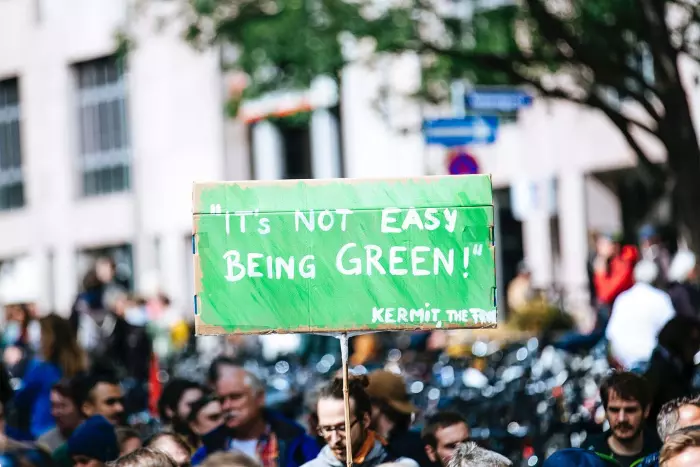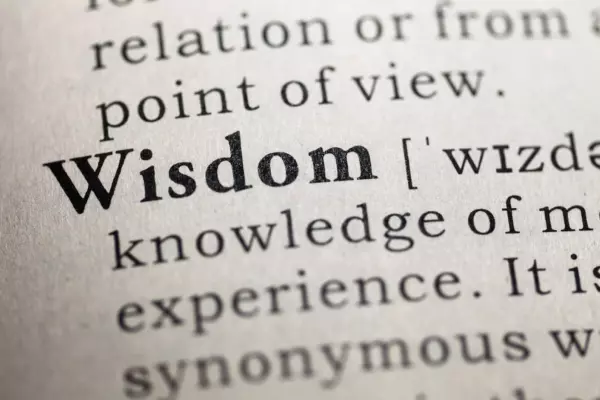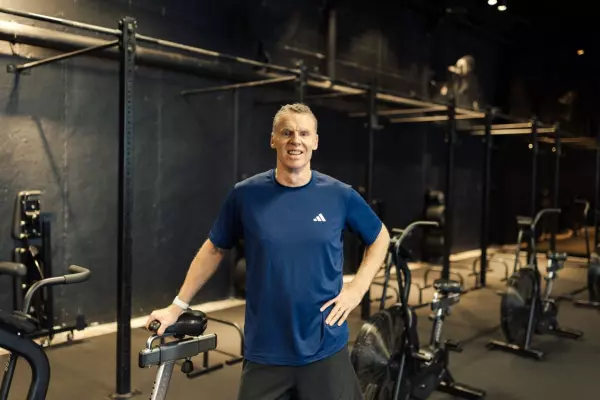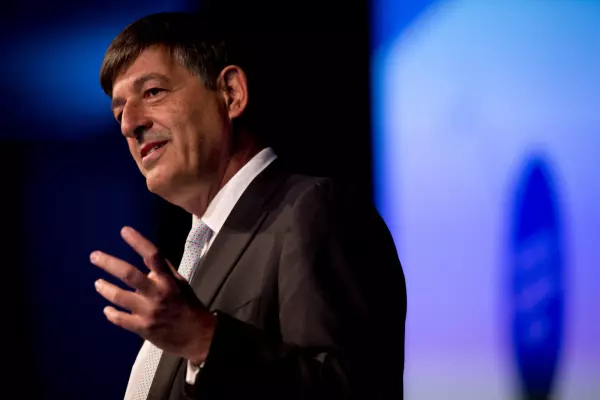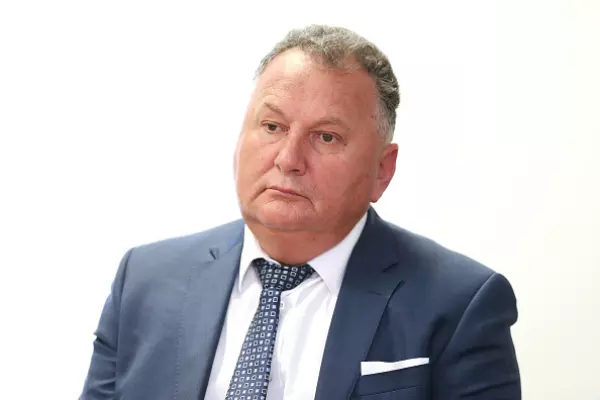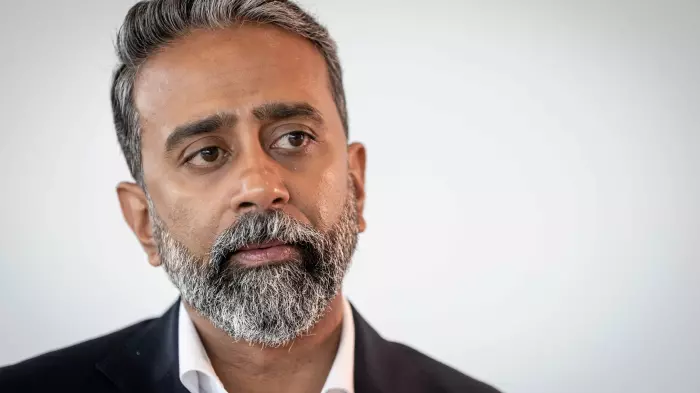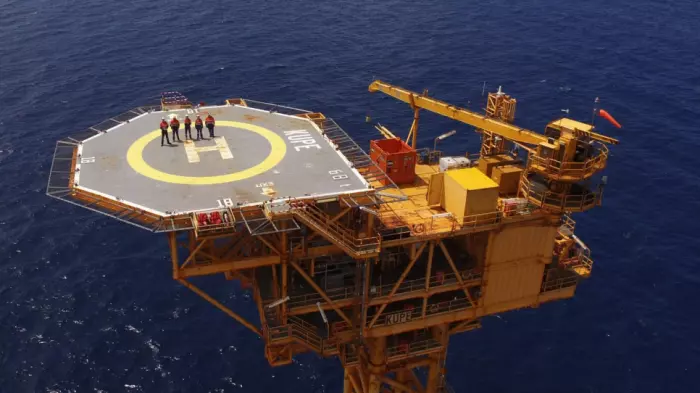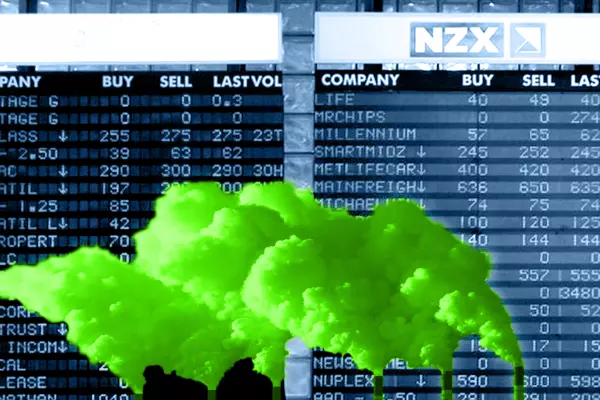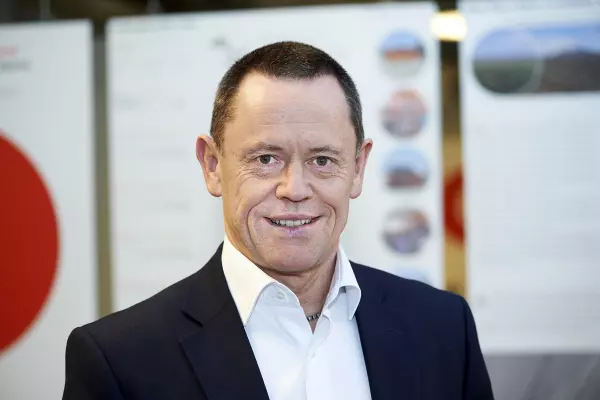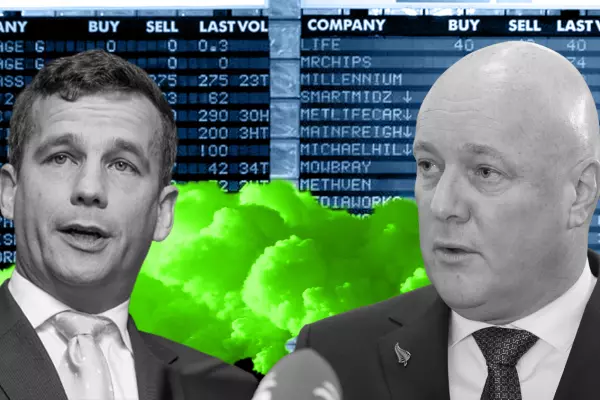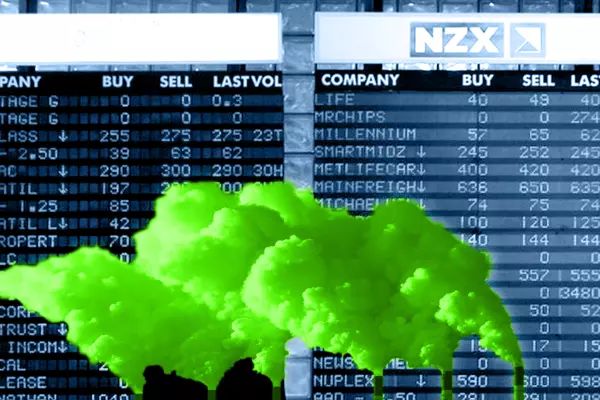Sustainable Business Network chief executive Rachel Brown has been in the business of sustainability for more than 30 years – and says when she first started, there wasn't a sustainability space, at all.
“The sustainability professional sector has probably only formalised in the last 10years,” she says.
“When I set up the Sustainable Business Network 20 years ago, it was a very different set of conversations to what we're having now.”
First set up in 2002, the Sustainable Business Network (SBN) is the country’s largest business organisation focusing on sustainability issues and works with businesses to improve their performance when it comes to their impact on the climate, waste and nature.
Brown says sustainability has become a hot topic in the last few years and the network has never been busier, but businesses took a “devastating” hit during the global financial crisis (GFC) in 2008 and their focus on sustainability was “really knocked sideways”.
Brown says since then businesses' interest in sustainability has been booming, from small organisations with an environmental conscience to big mainstream corporations keen to decrease their climate footprint.
Sustainability boosted by covid
When the pandemic started in 2020, Brown feared covid-19 would have the same effect on the sustainability sector as the GFC had. The network braced itself for a lag, but the pandemic actually had the opposite effect.
“People connected in a different way with these issues and it’s actually accelerated sustainability,” she says.
“We're really feeling that it's a change, and lots of industries are talking about it now.”
Executive director of the Sustainable Business Council Mike Burrell agrees covid-19 has stimulated interest in sustainable practices.
“People have realised these crises do come along and they're real, and we have to step up and do something about them rapidly,” he says.
Burrell jumped back into the sector in early 2020, after eight years at the Ministry of Foreign Affairs and Trade (MFAT) as its sustainable economic development director, and high commissioner to South Africa.
On his return, he was surprised at how keen businesses were to engage with sustainability because the last time he had those conversations, 10 years ago, he’d found the sector “pretty embryonic”.
“It still seemed like sustainability was this slightly add-on thing that you did,” he says.
Most businesses are now taking a “hard look” at themselves and working out how they can do better, which was very different to a few years ago, he says.
The Sustainable Business Council (SBC) works with more than 100 businesses from all sectors that are striving towards being more sustainable.
Its members have a collective turnover of more than $87 billion and employ nearly 160,000 people.
Burrell says since the pandemic started, the council's membership has increased by about 20%.
“The kinds of companies that are coming to join us have also changed,” he says.
“A lot more mainstream companies are joining us who want to become more sustainable.”
And it’s not just the conversation with businesses and consumers that’s changed, Burrell says. The conversation with the government has also changed “really significantly”.
“I feel that we've got momentum now in a way that we probably didn't have maybe half a dozen years ago,” he says.
It still felt like an advocacy job then, he says.
"It was about getting people to understand what the issues were. People understand the issues now. It's gone from the ‘what’ to the ‘how do we now work on these things?’.”
Putting thought into action
Mitre 10 sustainability manager Julie Roberts is passionate about sustainability – and believes that businesses have “always wanted to do the right thing” in this space but didn't know where to begin.
“What's probably changed is businesses are learning where to start,” she says.
Roberts says covid-19 was a wake-up call for many businesses who had to quickly adapt to an unknown environment.
“We had a bit of an awakening around sourcing of materials – you had to make sure that your supply chain was secure because there's obviously been a lack of supply bits and pieces and that story is across every sector.”
But it’s not just at a business level that views around sustainability have changed – it’s also at a consumer level.
“That's probably what's changed from a business perspective in the last 10 years,” Roberts says. Customers are now paying attention to how businesses dispose of products in an environmentally friendly way.
“The customer is changing, but their perception of what businesses do is also changing.”
Roberts believes government and local councils have a role to play because they’re huge stakeholders.
“If we make it easy, then the customers are going to want to do it and they're part of the solution.”
Mitre 10’s Pot Recycle scheme started last November and has already diverted more than half a million plastic polypropylene plant and seedling pots from the landfill, or about 10 tonnes of plastic, which is remade into new pots.
“Businesses play a puzzle piece role," she says. Both firms and suppliers are accountable for the materials and the products they're giving to consumers.
"Everybody needs to play their part in that.”
New Zealand Post’s group sustainability manager Dawn Baggaley has been in her role since 2012 and says attitudes have “absolutely” changed in that time.
“We all need to make this change,” she says. “It’s everyone’s responsibility and we’re not going to make the change alone.”
Baggaley says sustainability is “critical for businesses”.
From a financial perspective, if businesses don’t do anything, their costs are still going to go up, she says.
Changing consumer expectations are having a big effect and many businesses could be doing more.
Change isn’t just coming at a consumer level, it’s also coming from within the workplace – people are interested in working for companies that have a conscience, she says.
Baggaley says 97% of NZ Post’s carbon footprint comes from fuel and the company is focused on finding ways to cut back.
It plans to become carbon neutral by 2030 and reduce emissions by 32%.
“By 2025, 100% of the NZ Post’s fleet will be electric,” she says.
Looking to the future
Brown says markets are really demanding that businesses change.
“And if businesses aren’t changing, they'll just slowly disappear, because someone else will do it – it’ll just leave the door open for someone else.”
Burrell agrees: “Sustainable business is smart, sensible business. It allows you to actually be more profitable, to be more nimble, to be at the leading edge of innovation.
“Sustainability has become the new 'business as usual'. And if you're not on board for the new business as usual, you'll be left behind.”


